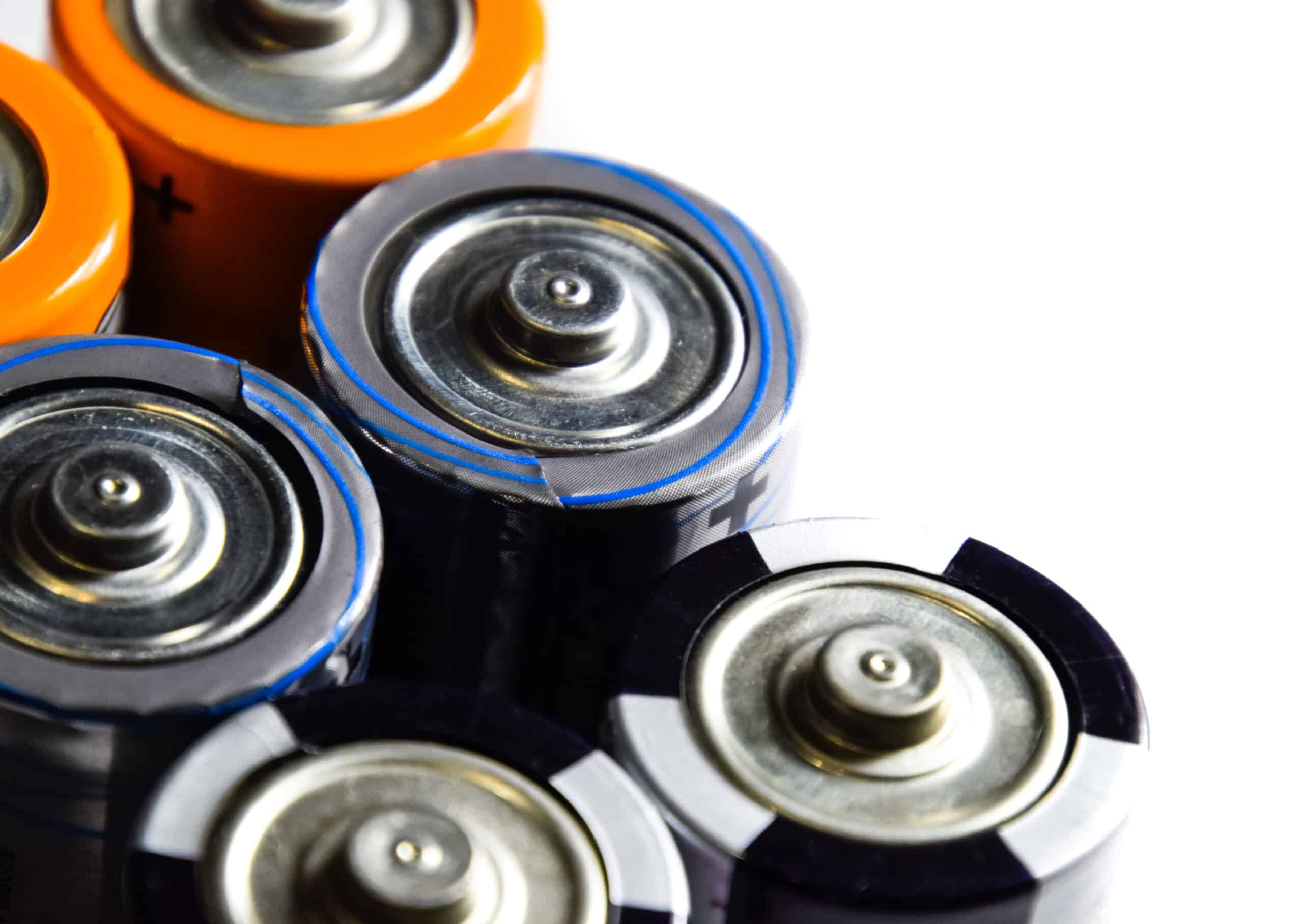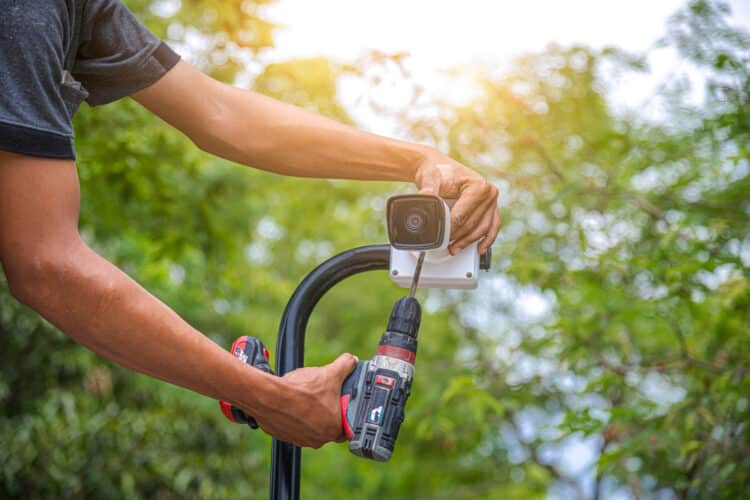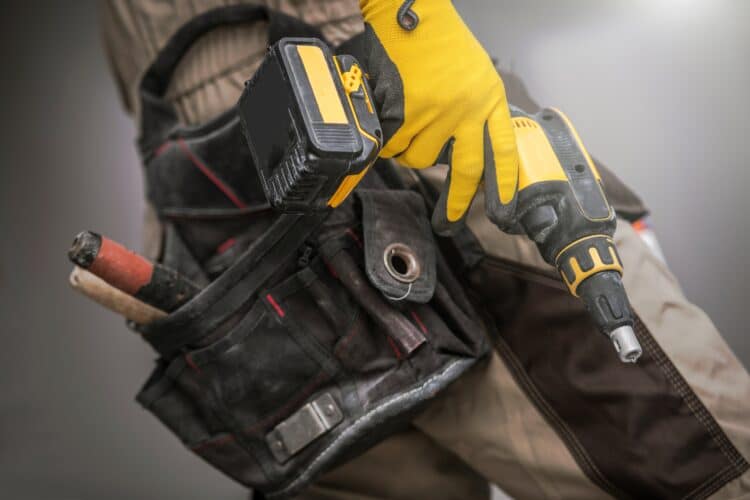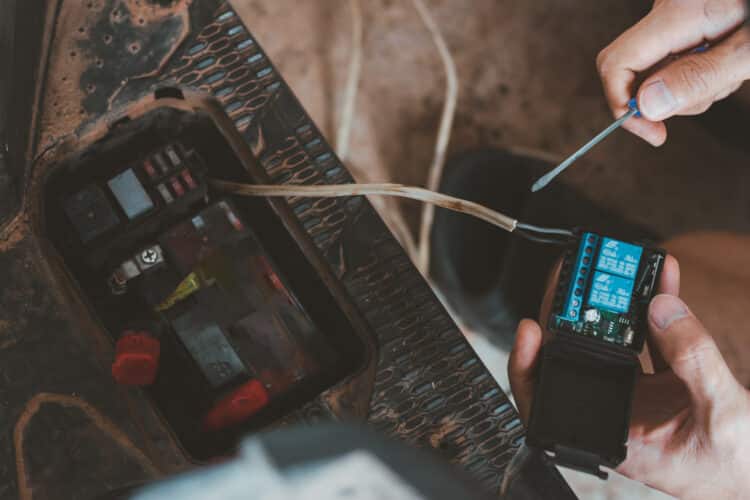Do Tool Batteries Go Bad if Not Used?
Key Takeaways
- Tool batteries can lose their charge and go bad if not used for an extended period of time
- The rate of self-discharge varies depending on the battery chemistry, with lithium-ion batteries having a lower self-discharge rate compared to older battery chemistries
- Proper storage practices, such as storing batteries in a cool, dry place, and regular maintenance, like giving the batteries a maintenance charge every few months, are crucial to maintain battery performance and prolong their lifespan
Tool batteries are an essential component of cordless power tools, providing the necessary power for them to function. However, if these batteries are not used for an extended period of time, there is a possibility that they can lose their charge and go bad. Let’s explore this topic further to understand the factors that contribute to the deterioration of tool batteries when not in use.
Self-Discharge and Battery Chemistry
One of the main reasons why tool batteries can go bad if not used is a process called self-discharge. Self-discharge occurs when a battery discharges its stored energy without being connected to a load or being used. The rate of self-discharge varies depending on the type of battery chemistry used.
According to an article on Shuntool.com, different types of batteries have different self-discharge rates. Lithium-ion batteries, commonly used in modern cordless power tools, have a lower self-discharge rate compared to older battery chemistries like nickel-cadmium or nickel-metal hydride. This means that lithium-ion batteries can retain their charge for a longer period of time when not in use.
Effect of Long-Term Storage
When tool batteries sit unused for a long time, their capacity to hold a charge can be significantly reduced over time. The article on Shuntool.com explains that the self-discharge process can harm the batteries and potentially reduce their lifespan. Proper storage practices can help minimize the negative impact of long-term storage on battery performance.
According to the same article, storing tool batteries in a cool, dry place can help prevent excessive self-discharge. Temperature plays a crucial role in battery performance, and high temperatures can accelerate self-discharge. Therefore, it is recommended to avoid storing batteries in hot or humid environments.
Regular Maintenance and Battery Lifespan
Maintaining tool batteries regularly is essential to ensure their longevity, especially when they are not used frequently. The article on Shuntool.com suggests giving the batteries a maintenance charge every few months to prevent overdischarge and maintain their performance.
Additionally, Bob Vila explains that properly charging the batteries before storage can help prolong their lifespan. Ensuring that the batteries are fully charged helps to prevent deep discharge, which can lead to irreversible damage.
Conclusion
In conclusion, tool batteries can indeed go bad if not used for a long time. Self-discharge is a natural process that occurs in batteries, and the rate of self-discharge varies depending on the battery chemistry. Lithium-ion batteries generally have a lower self-discharge rate compared to older battery chemistries like nickel-cadmium or nickel-metal hydride. However, regardless of the battery chemistry, proper storage practices and regular maintenance are crucial to maintain battery performance and prolong their lifespan.
Related Websites:
FAQs:
Q: What is the lifespan of power tool batteries?
Power tool batteries typically have a lifespan of 2-3 years, depending on factors such as usage frequency and storage conditions.
Q: Do tool batteries go bad if not used?
Contrary to a common myth, tool batteries do not automatically go bad if not used. They have a self-discharge feature that allows them to maintain their charge over time.
Q: How can I preserve tool batteries during non-usage?
To preserve tool batteries during non-usage, it is recommended to store them in a cool, dry place and avoid extreme temperatures. Using a battery storage case can also help. Additionally, periodic maintenance such as fully discharging and recharging the batteries, checking and cleaning battery terminals, and following the manufacturer’s recommendations can extend their lifespan.
Q: What are the signs of a bad or damaged tool battery?
Signs that indicate a tool battery may be going bad include a significant reduction in runtime, difficulty holding a charge, and overheating during use. It is important to replace damaged batteries for safety and to ensure optimal performance.
Q: Why is it important to properly maintain and store power tool batteries?
Properly maintaining and storing power tool batteries helps maximize their lifespan, ensuring they perform at their best. It also reduces the risk of damage and improves safety during use.





